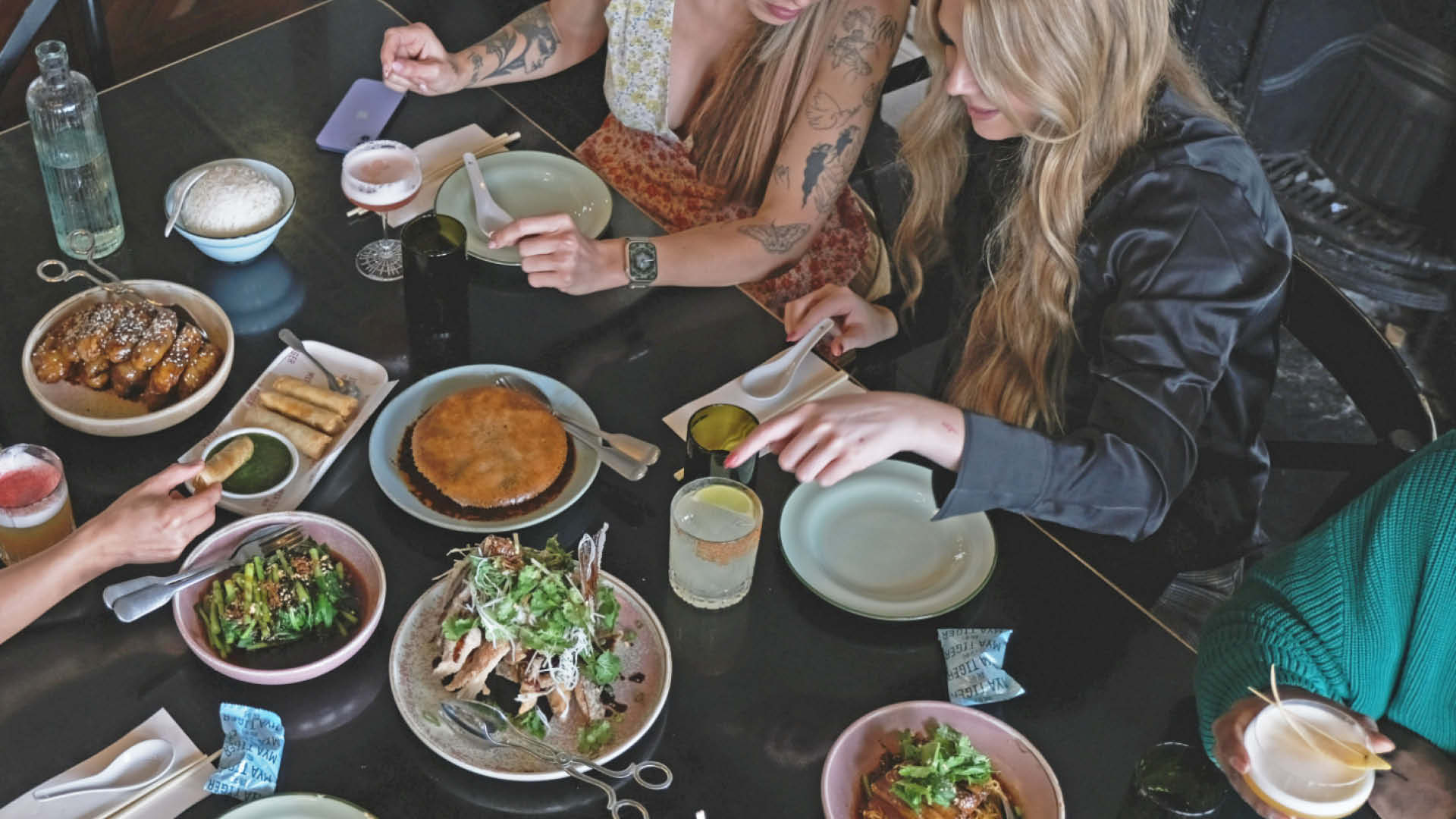Hospitality-specific CRM vs general: Which is right for you?
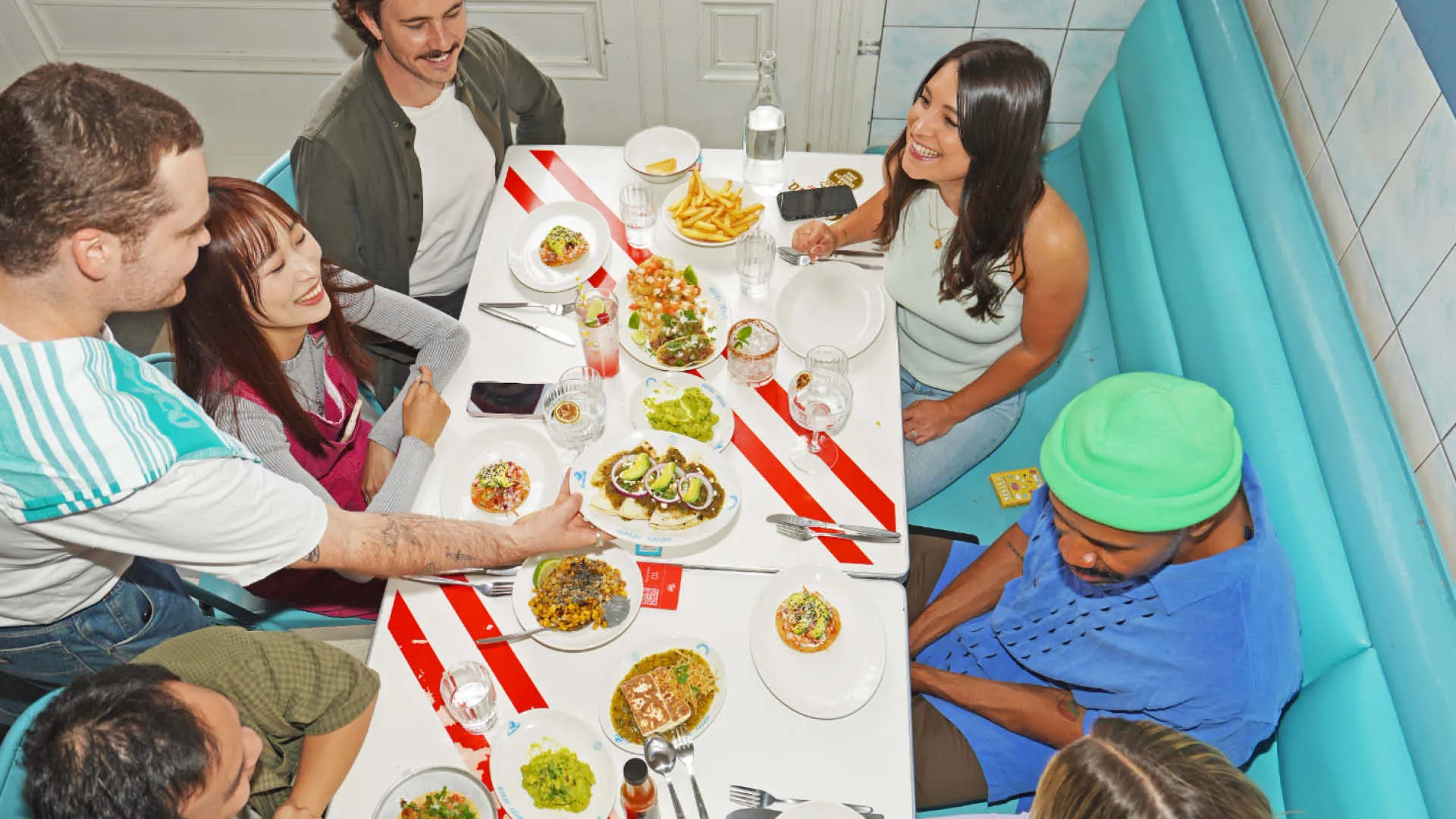
If you’re scouring the internet for morsels of information on whether to use an industry-specific CRM or something more generalised for your hospitality business, then look no further. We’ve done the thinking for you and plated up a banquet of info that will help you decide which CRM is right for you.
What is a CRM?
Let’s start with the basics. CRM stands for customer relationship management, and it’s a type of tech that (unsurprisingly) helps you manage customer relationships.
Having a CRM is a great way to ensure customers engage with your venue and keep coming back. Plus, a good CRM also keeps your internal processes well polished.
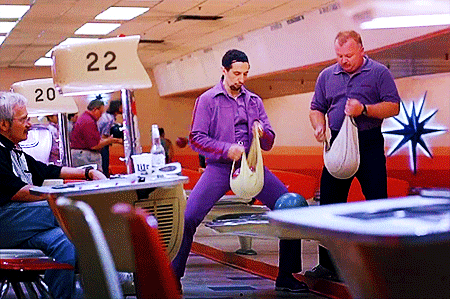
Sounds cool, but why use a CRM made for hospitality?
Using an industry-specific CRM is kind of like going to a specialist instead of a GP. Sure, the GP can help you out and has some tools to assist you, but if your leg is on fire, you might want to go straight to the leg fire specialist (we didn’t go to medical school, please pretend that’s a thing.)
Hospitality-specific CRMs know what kinds of data and customer journeys are important in your industry, so you don’t need to spend as much time fine-tuning the platform to fit your needs (more on this below).
One size doesn’t fit all
General CRMs require some tinkering to ensure you’re tracking the insights that are relevant to you and your business.
For instance, a hospitality CRM knows that visit data (how often a customer has been to a venue or when their last visit was) is vital to a restaurant or bar. A general CRM can't do this without heavy customisation and development. This customisation typically requires a lot of money and effort.
Plus, almost any actions you want to take off the back of this data would require a third party to produce. We’re not exaggerating when we say that this can cost hundreds of thousands.
For example, if you want to send email or SMS offers to customers who have previously spent over $40 on cocktails, you’d need to brief that work out to an agency or consultant to do it for you.
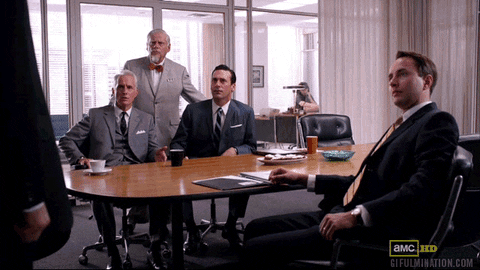
But you’ll never guess what (you probably will given how this article has been going). Some restaurant-specific CRMs, like our own, can do this all out of the box. So, be sure to factor in the true cost of the CRM to ensure you’re not adding spend that can be avoided.
Plug and play
Hospitality CRMs integrate with the tools that are built for your business. This is important because access to all the big and local industry tools ensures all your bases are covered.
On the flip side, a general CRM would require you to hire a developer or software engineer to develop specific integrations using the APIs of the various tools, platforms and apps in your tech stack. If you don’t understand what that means, it’s probably a sign you should steer clear.
General CRMs are also mostly framed around your sales team. Hospitality CRMs are framed around your customer, which is the most important relationship for you to manage.
Interests are aligned
Tech updates happen all the time, so you want to put your eggs in a basket that adds updates that your eggs will actually need (we suddenly feel like an omelette).
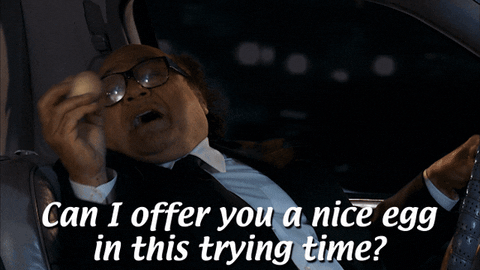
As needs and trends in the restaurant industry shift and change, a hospitality-focussed CRM will update with them.
This also means that your problems will be addressed by the CRM and solutions will come easier. For example, if you want to bring more customers into your venue Tuesday-Thursday, a hospitality CRM will be built to help you with an actionable solution.









